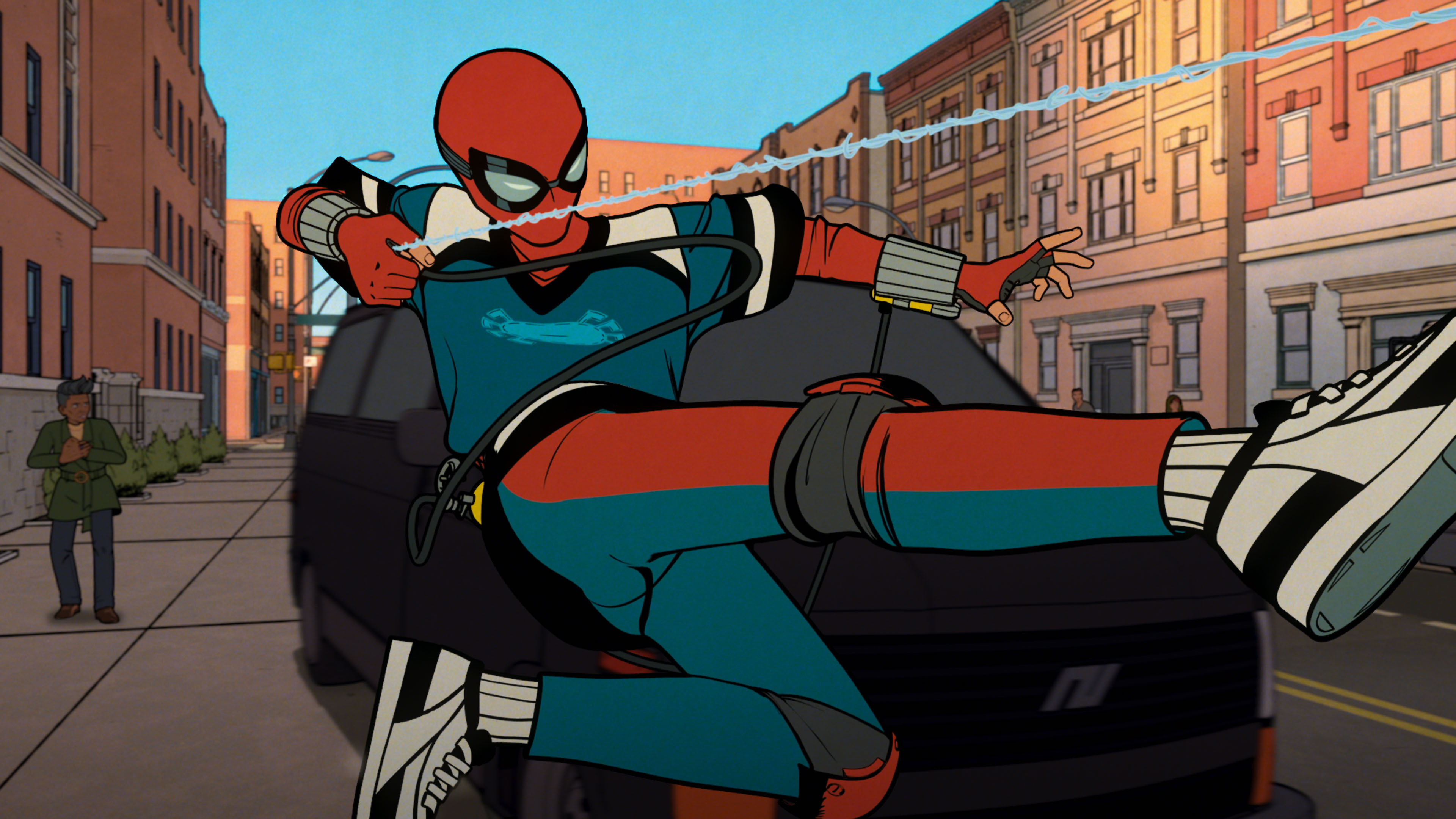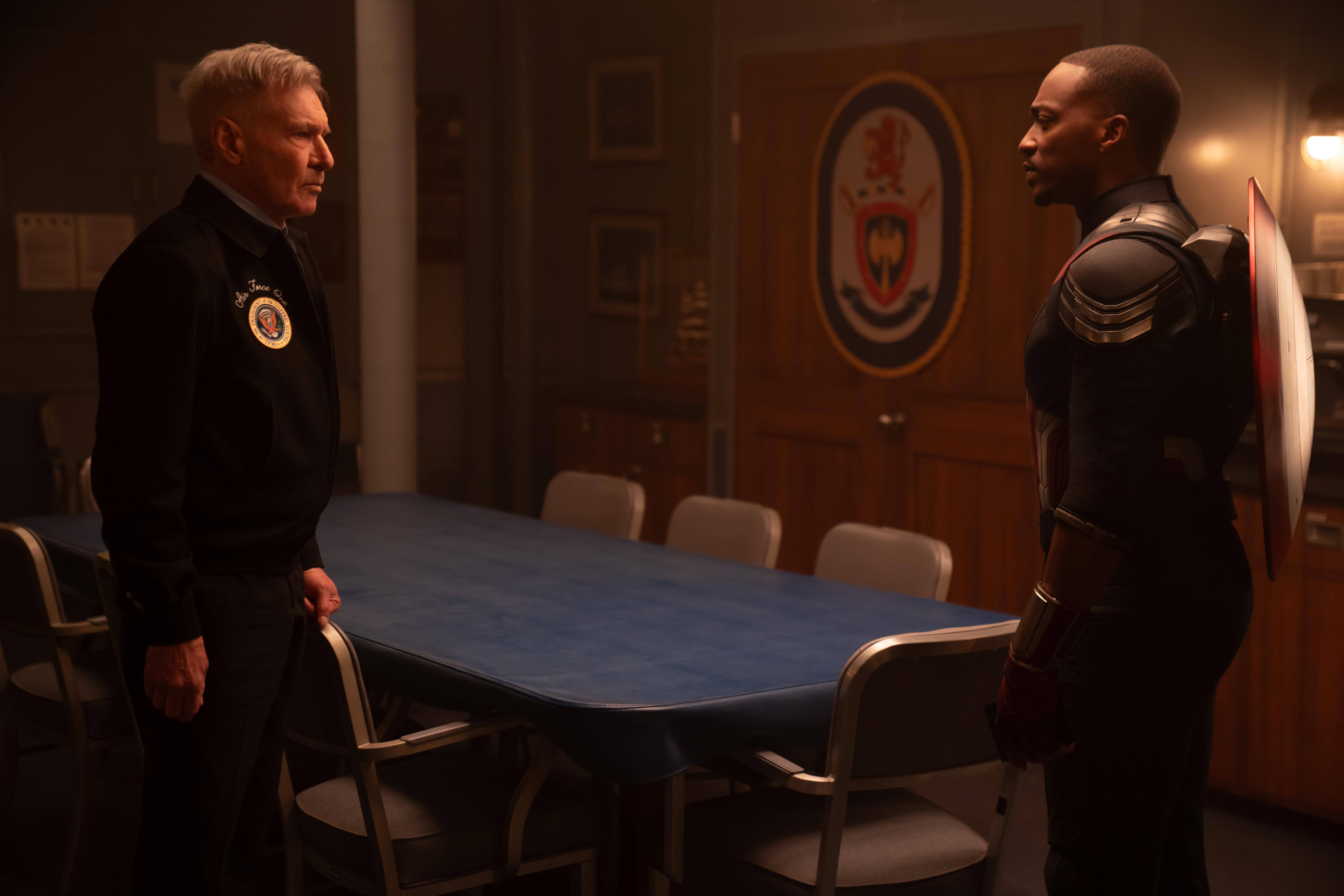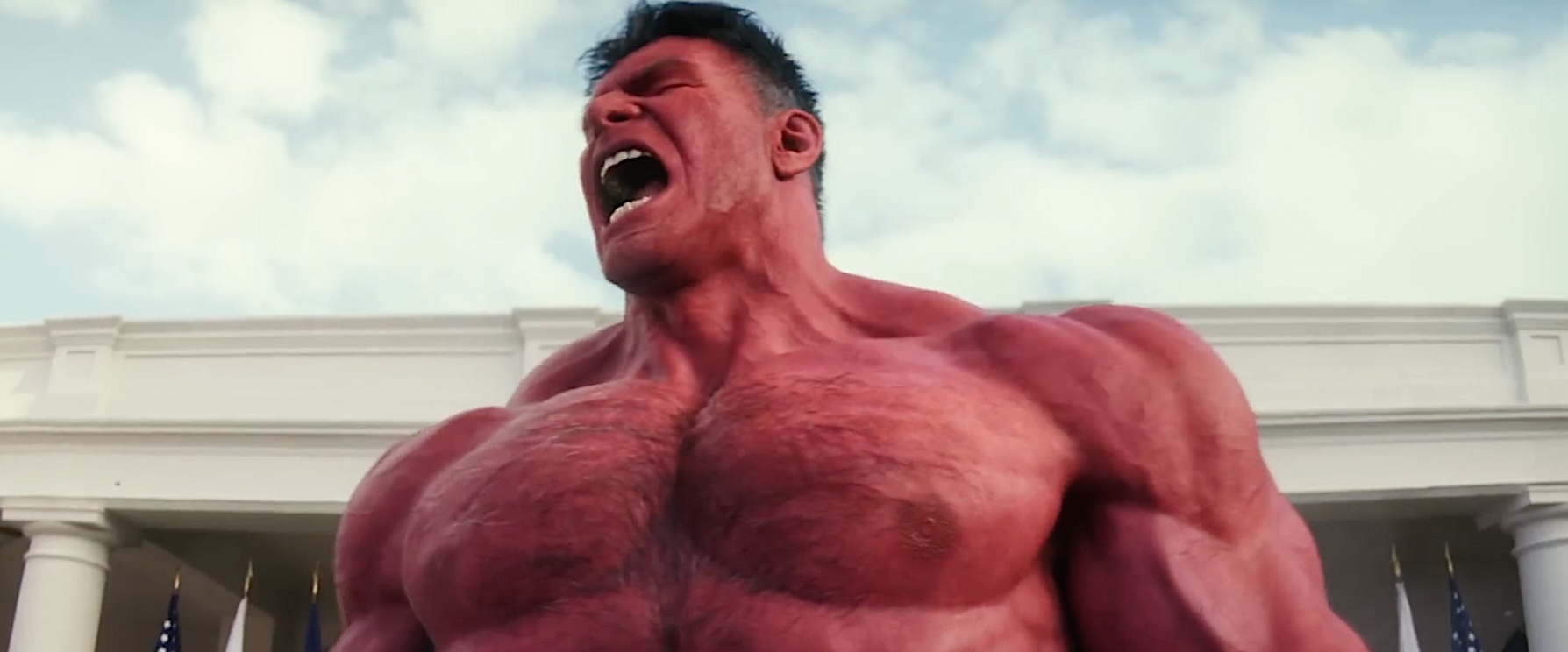After watching episode 3 of Captain Laserhawk: A Blood Dragon Remix and seeing a coked-up, half-naked Rayman — eating sushi off a fully nude cow-woman, by the way — scream at his television, I started to wonder how Ubisoft felt about this whole thing. Minutes earlier, Rayman had just called a superhero a “fucking red prick” on his nightly news show, and spent part of the episode swigging from a quart of whiskey in his tighty-whities.
According to show creator Adi Shankar, Ubisoft sounded just fine with this portrayal of its nearly 30-year-old mascot. Rayman as coke-snorting, cold-blooded killer who’s also the mouthpiece for a fascist dictatorship had been the plan from day one, Shankar said.
So too were Captain Laserhawk’s interpretation of the Rabbids, Ubisoft’s ostensibly cute rabbitlike mischief-makers that spun off from the Rayman series (and have recently co-headlined a couple of Mario games). In the Netflix animated series, Rabbids are presented as gruesome kaiju-sized monsters from a dangerous alternate dimension.
“It wasn’t like Netflix or Ubisoft came to me and said, ‘Hey, we want to do a shared universe, but have it be completely bizarro,’” Shankar said in an interview with Polygon. “I was already working with Ubisoft; they brought me on to work on a number of their franchises […] right after Castlevania.”
:no_upscale()/cdn.vox-cdn.com/uploads/chorus_asset/file/25030796/rayman_watch_dogs.jpg)
Shankar said that his pitch was reviewed by the Guillemot brothers behind Ubisoft, and that (at least) one of those men asked to meet with him in person. “‘We want to make this,’” Shankar recalled them saying, “‘and we’re going to clear the path so you can make this.’ I didn’t really believe it. But at the end of the day it was Ubisoft trusting this vision that I had seven-plus years ago.
“There was zero pushback, especially with the Rayman thing,” Shankar said. “Even in my initial pitch, the Rayman [stuff] specifically was baked into the DNA of the original idea. What I was trying to deconstruct here is the whole idea that you have this media ecosystem that’s propaganda-led within this fascist dystopia, right? And it needs a spokesperson — a mouthpiece.”
Shankar described Rayman as the “chief propaganda officer” for Eden, the corporate overlords of Captain Laserhawk’s post-nuclear-devastation world. “He’s able to sell their ideology super well because of his aesthetics,” Shankar said.
In the series, Rayman also runs what is essentially a massive intelligence network through his Rayman Kids Club. Shankar said that using Rayman in that way — as a marketing vehicle for his propaganda-pumping masters — was a nod to the methods that Saturday morning and afternoon cartoons were oftentimes 30-minute advertisements for action figures, dolls, and other toys.
:no_upscale()/cdn.vox-cdn.com/uploads/chorus_asset/file/25030797/rayman_newscast.jpg)
“It’s a commentary on that kind of culture, one that normalizes that, ultimately,” Shankar said. “Which is why you have a cartoon character being a spokesperson for [Eden’s] political agenda.”
Shankar says Ubisoft was more than willing to poke fun at its own characters, let the show remix its intellectual property, and present characters in less-than-flattering portrayals, saying, “From a conceptual level, you’re either going to subvert something or not.
“I don’t think [a movie like] Barbie or this work without [creative freedom],” Shankar said. “To their credit, Ubisoft was like, ‘fair game’ the whole time. In fact, one of their lawyers came with me to every pitch meeting to look every producer in the eye and say, ‘Yes, he can do all this.’”
Captain Laserhawk: A Blood Dragon Remix is now streaming on Netflix.








